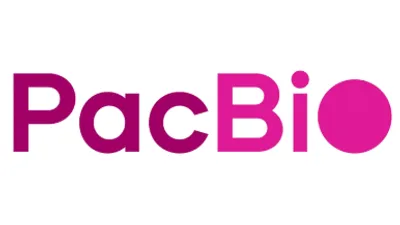ABOVE: © ISTOCK.COM, BOARDING1NOW
Consuming sweet drinks such as sodas increases risk of death from heart disease and cancer, according to a multi-decade study of nearly 120,000 men and women. The findings, published yesterday (March 18) in Circulation, suggest that, while sugar-sweetened drinks cause the most harm, high intake of artificially sweetened drinks is also linked to heart disease risk, especially among women.
“The big picture is really starting to emerge,” study coauthor Vasanti Malik of Harvard’s T.H. Chan School of Public Health tells CNBC, noting that the results fit into wider findings about the harm of sweet drinks. “This is not random. There’s a whole lot of consistency across these findings.”
Many studies have already connected the consumption of sugary drinks to a range of health conditions, including diabetes, cancer, and heart disease. One 2015 analysis suggested that these drinks were responsible for around 184,000 deaths globally per year.
...























